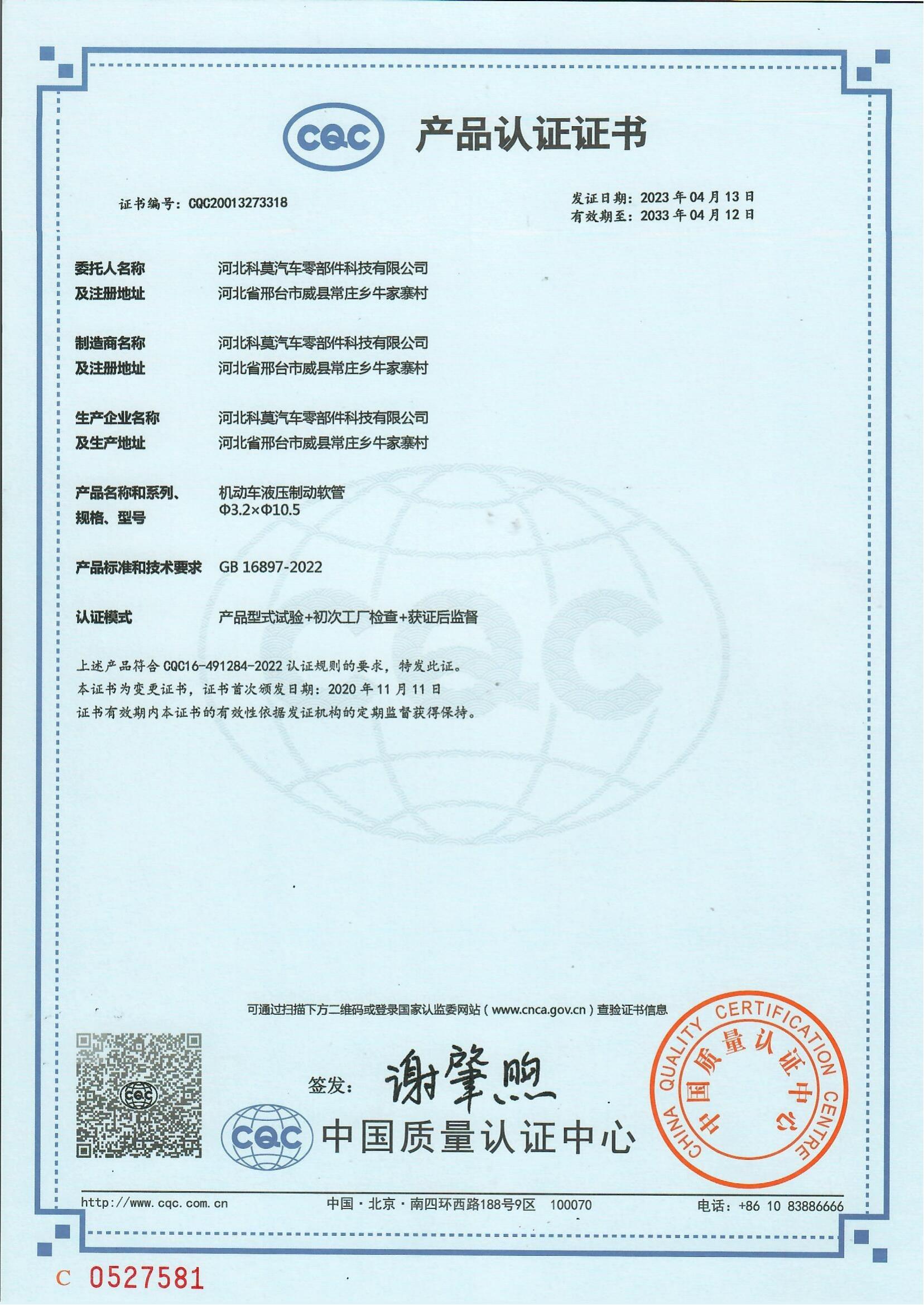hose for gas
Dec . 15, 2024 01:52 Back to list
hose for gas
The Importance of Hose for Gas in Various Applications
Hoses are essential components in many industries, particularly in the transportation and management of gas. Whether it’s natural gas, propane, or other industrial gases, having the right hose is crucial for safety, efficiency, and durability. In this article, we will explore the various types of hoses for gas, their applications, and the factors to consider when choosing the right hose for specific needs.
Types of Hoses for Gas
There are several types of hoses designed specifically for gas applications. The most common types include rubber hoses, PVC hoses, and composite hoses.
1. Rubber Hoses These are widely used due to their flexibility and resistance to high temperatures. Rubber hoses can handle both high pressure and varying temperatures, making them suitable for a range of gas applications, from home heating systems to industrial machinery.
2. PVC Hoses Polyvinyl Chloride (PVC) hoses are lightweight and easy to handle. They are generally used for low-pressure applications. PVC hoses are often seen in environments where gas needs to be transferred safely but can be subjected to lower pressures and toxicity levels.
3. Composite Hoses These hoses are constructed from multiple layers of different materials, providing excellent resistance to chemicals and extreme temperatures. Composite hoses are often used in the transportation of gases in the shipping industry and chemical sectors where both flexibility and resistance are required.
Applications of Gas Hoses
Gas hoses have a wide range of applications across various industries
. Here are some notable examples- Industrial Applications In factories and manufacturing plants, gas hoses are used to transport compressed air and natural gas to machines. Ensuring these hoses are reliable and compliant with safety regulations is critical to prevent accidents and maintain operational efficiency.
- Residential Use In homes, gas hoses connect appliances such as furnaces, water heaters, and outdoor grills to gas supply lines. The safety and integrity of these hoses are paramount, as leaks can lead to dangerous situations.
hose for gas

- Automotive Industry Gas hoses are utilized in vehicles to transport fuel from the tank to the engine. The hoses must withstand high pressures and have a resistant coating to protect against wear and tear.
- Food and Beverage Industry In this industry, gas hoses transport gases for carbonating beverages or for use in food processing. These hoses must meet stringent health and safety regulations to ensure that they do not contaminate food products.
Choosing the Right Gas Hose
When selecting a hose for gas applications, several factors must be considered
1. Chemical Compatibility It is vital to choose a hose material that is compatible with the specific type of gas being transported. Some gases can degrade certain materials, leading to leaks or hose failure.
2. Pressure Rating Different applications require different pressure ratings. Always verify the pressure limits of the hose and ensure it meets or exceeds the requirements of your specific application.
3. Temperature Range Consider the temperature extremes the hose will be subjected to. Some applications may involve very high or low temperatures, necessitating a hose designed to withstand these conditions.
4. Length and Diameter Hoses come in various lengths and diameters, and it is essential to select the right size to ensure optimal flow and to reduce the likelihood of kinks or bends that could impede gas transportation.
5. Regulations and Standards Ensure that the chosen hose complies with local and international safety standards. Regulatory compliance is crucial in avoiding legal issues and ensuring safety in operations.
Conclusion
Hoses for gas play an indispensable role in many aspects of daily life and industry. From ensuring the efficient functioning of home appliances to facilitating complex industrial processes, the right hose can significantly impact safety and efficiency. By understanding the various types of hoses and their applications, along with the critical factors involved in selecting the appropriate hose, individuals and businesses can make informed decisions that safeguard operations and enhance performance.
